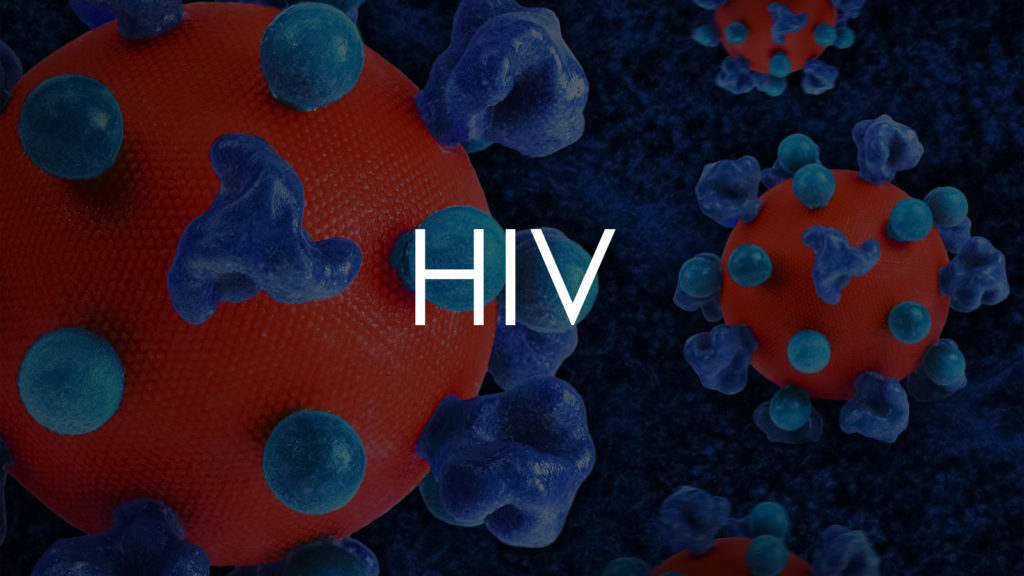Symptoms of HIV vary depending on the stage of the infection, ranging from flu-like symptoms in the early stages to more severe complications as the disease progresses. Recognizing these symptoms is crucial for early diagnosis and treatment.

Acute HIV Infection
Flu-Like Symptoms
Within 2 to 4 weeks after exposure, many people experience flu-like symptoms known as acute retroviral syndrome (ARS) or primary HIV infection. These symptoms can include:
- Fever
- Chills
- Night sweats
- Muscle aches
- Fatigue
- Swollen lymph nodes
- Sore throat
Rash
A widespread rash can occur during acute HIV infection, typically presenting as small pink or red bumps on the skin. This rash often appears on the torso but can spread to other parts of the body.
Mouth Ulcers
Painful mouth ulcers are another common symptom during the early stages of HIV. These can interfere with eating and drinking, contributing to discomfort and weight loss.
Chronic HIV Infection
Persistent Lymphadenopathy
During the chronic phase of HIV, swollen lymph nodes (lymphadenopathy) may persist for several months. These are often found in the neck, armpits, or groin and can be a sign that the body is fighting off the virus.
Unexplained Weight Loss
Unintended weight loss, also known as wasting syndrome, can occur during chronic HIV infection. This weight loss is not due to dieting or exercise but rather a result of the body fighting the virus and possible opportunistic infections.
Recurring Fever
Individuals with chronic HIV may experience recurring fevers that come and go over time. These fevers can be mild or severe and are often accompanied by night sweats.
Fatigue and Weakness
Chronic fatigue and general weakness are common symptoms of ongoing HIV infection. This can affect daily activities and overall quality of life.
Advanced HIV Infection (AIDS)
Opportunistic Infections
As HIV progresses to AIDS, the immune system becomes severely compromised, making the body more susceptible to opportunistic infections. Common infections include:
- Pneumocystis pneumonia (PCP)
- Tuberculosis (TB)
- Candidiasis (thrush)
- Cytomegalovirus (CMV)
Neurological Symptoms
Advanced HIV infection can affect the nervous system, leading to neurological symptoms such as:
- Memory loss
- Confusion
- Difficulty concentrating
- Behavioral changes
- Motor skill impairment
Skin Issues
Individuals with AIDS may develop various skin conditions, including:
- Kaposi’s sarcoma (a type of cancer causing dark lesions)
- Molluscum contagiosum (small, painless bumps)
- Herpes simplex virus (recurrent sores)
Gastrointestinal Symptoms
Advanced HIV infection can lead to gastrointestinal issues, such as:
- Chronic diarrhea
- Nausea and vomiting
- Abdominal pain
- Severe weight loss
Respiratory Symptoms
Chronic Cough
A persistent cough that lasts for an extended period can be a symptom of HIV, particularly in the advanced stages. This may be due to infections like tuberculosis or bacterial pneumonia.
Shortness of Breath
Difficulty breathing or shortness of breath can occur in individuals with advanced HIV, often as a result of opportunistic infections affecting the lungs.
Oral Symptoms
Oral Thrush
Oral thrush, a fungal infection causing white patches in the mouth, is common in people with weakened immune systems, including those with HIV.
Gingivitis and Periodontitis
Inflammation of the gums (gingivitis) and more severe gum disease (periodontitis) can occur more frequently in individuals with HIV.
Psychological Symptoms
Depression and Anxiety
Mental health issues such as depression and anxiety are common among people with HIV, influenced by the stress of living with a chronic condition and potential social stigma.
Cognitive Impairments
In advanced stages, HIV can lead to cognitive impairments, affecting memory, judgment, and concentration. This is often part of HIV-associated neurocognitive disorders (HAND).
Conclusion
Recognizing the symptoms of HIV at various stages is crucial for early diagnosis and treatment. If you experience any of these symptoms and believe you may have been exposed to HIV, seeking medical advice and testing is essential. Early detection and treatment can significantly improve health outcomes and quality of life for those living with HIV.